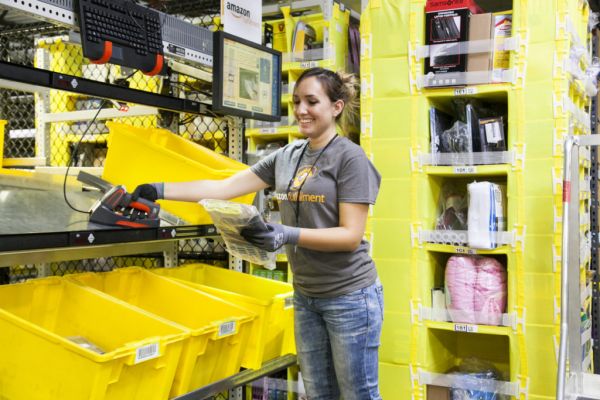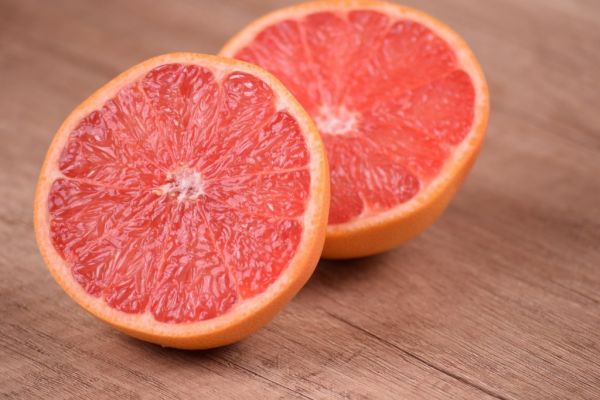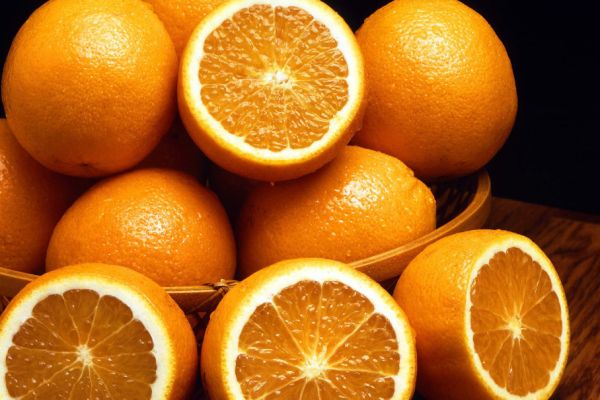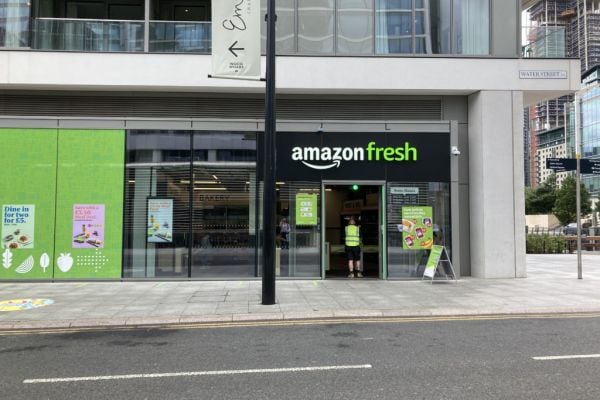Expensive water is on sale at Amazon.com, prompting accusations that the e-commerce giant is gouging prices to capitalize on back-to-back catastrophic hurricanes afflicting Florida and Texas.Amazon says it is not gouging— and it is working to prevent the practice on its site.
"We do not engage in surge pricing,” the company said in an emailed statement. “We are actively monitoring our website and removing offers on bottled water that substantially exceed the recent average sales price. Prices have not widely fluctuated in the last month.”
What many people forget is that Amazon.com Inc. is a marketplace in addition to a retailer. As a platform, the company connects 2 million merchants with 300 million shoppers—taking commissions on each sale—and in this case, Amazon isn’t the seller with eyebrow-raising price tags.
Tal DG
That would be "Tal DG," hawking a case of Poland Spring water for $36.72. Another Amazon seller, "BestSource OfficeSupplies," posted a 35-pack of Crystal Geyser water for $31.50. That’s compared to less than $10 at Staples for the same Poland Spring water and $5.63 for the same Crystal Geyser from OfficeDirectSupply.com. TalDG and BestSource OfficeSupplies did not respond to a request for comment.
Amazon’s algorithms are designed to spot unusually high prices – that is, high in comparison to other sellers on Amazon—and suspend those accounts. The expensive water is showing up because sellers with cheaper water have sold out and more expensive items previously buried in search results suddenly rise to the top.
Amazon has suspended 12 merchants for high prices, Florida Attorney General Pam Bondi said Wednesday night. One complaint was from a customer who ordered a case of water from Amazon and was charged $100 for delivery.
"That's sickening. It's disgusting," Bondi said. "Amazon is holding themselves accountable and helping every way they can."
Shortcomings
But the episode underscores a shortcoming in Amazon's business model: It is designed to match supply with demand in normal circumstances. Merchants are enticed to put the holiday season's hot toy on Amazon, for instance, knowing they'll get maximum exposure to shoppers.
But it also enables a cut-throat capitalism that comes across as heartless during a natural disaster, when people are trying to survive rather than indulge.Adding to the confusion is that Amazon is set up to optimize delivery based on usual shopping patterns. When a hurricane hits, desperation sets in and people look to get essentials by any means necessary, even those that don’t necessarily make sense.
People don't normally buy cases of water stored far away in Amazon warehouses because it is expensive to ship a heavy, low-cost item over a long distance. Ordinarily, Amazon sells most bottled water through services like Prime Now and Amazon Fresh, which store commonly purchased goods close to shoppers to enable quick delivery.
When those services sell out, the case of water in the far-flung warehouse is all that's left— and shipping is pricey.Amazon's contention that water prices didn't go up – just that lower-priced items sold out—didn’t sit well with shoppers, who only saw expensive water during a time of need.
Residents in Florida and Texas have lodged price-gouging complaints against Amazon, according to the attorneys general there. Both states outlaw sharp price increases during official emergencies.
Vague laws about gouging make legal action difficult, said Geoffrey Rapp, a law professor at the University of Toledo who has studied such cases. Most disaster-related price-gouging cases have been against local mom-and-pop businesses that jack up prices for generators and lack the legal firepower to take on government, he said.
"The gouging statutes are all over the map," Rapp said. "It's something that feels wrong, but it's difficult to put into words and laws."
News by Bloomberg, edited by ESM. Click subscribe to sign up to ESM: The European Supermarket Magazine.














